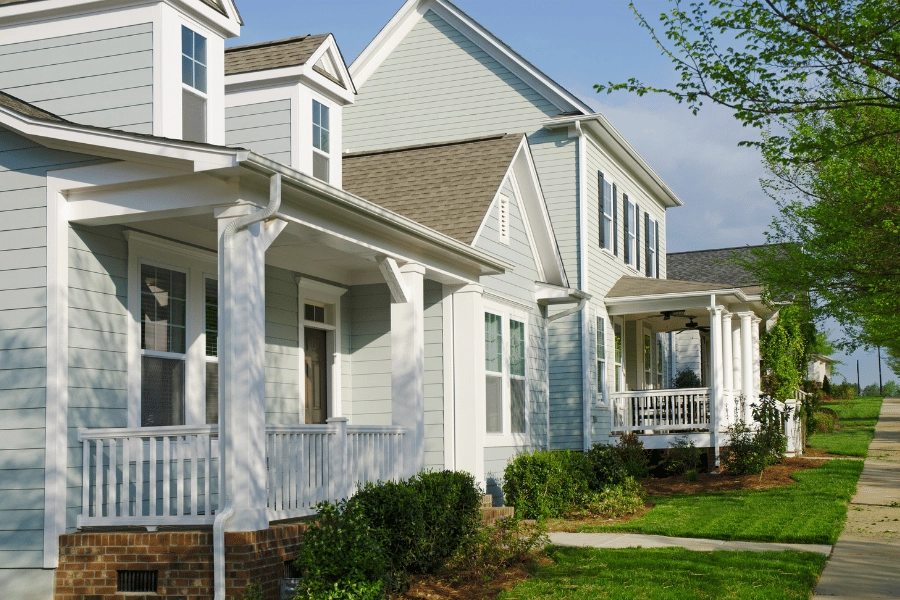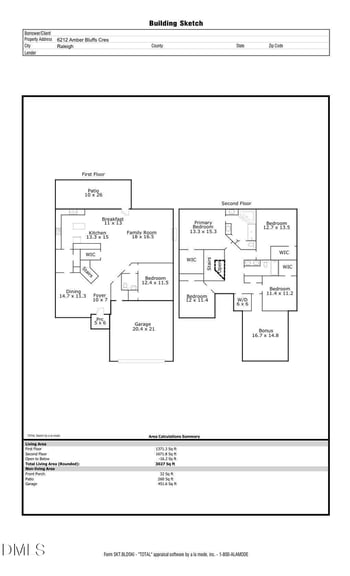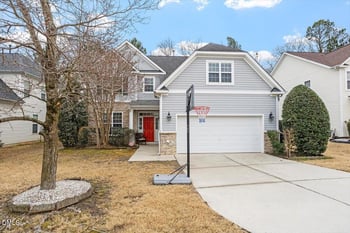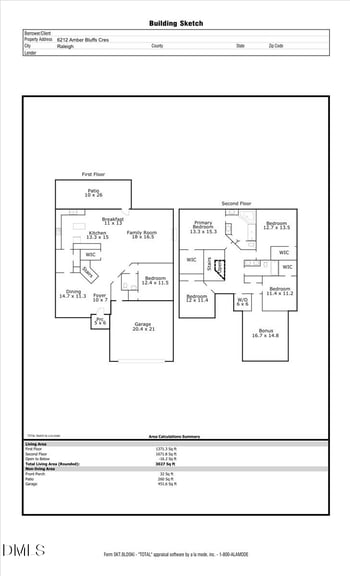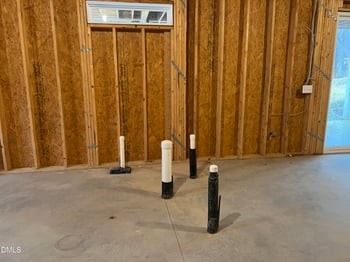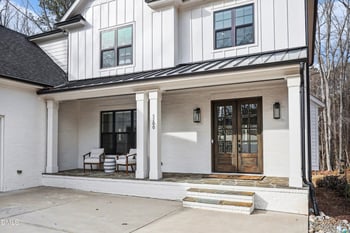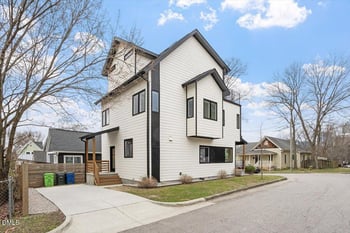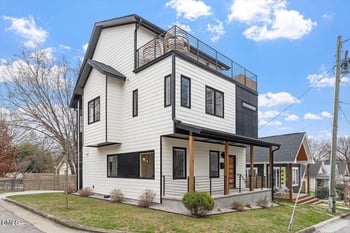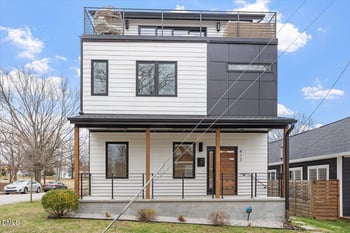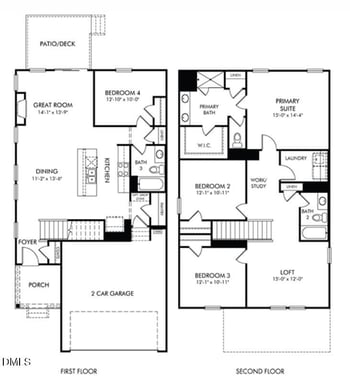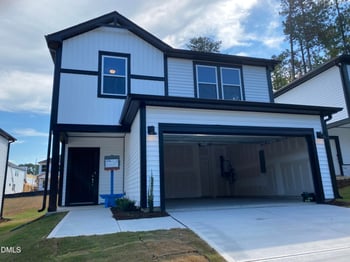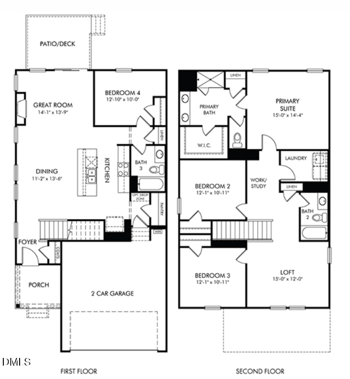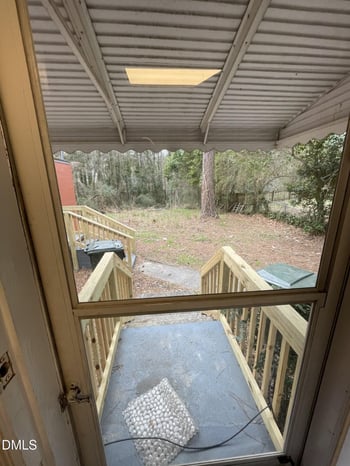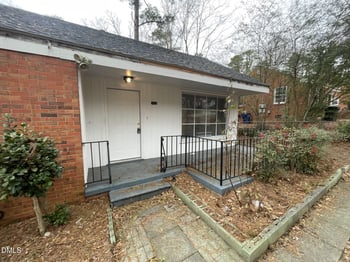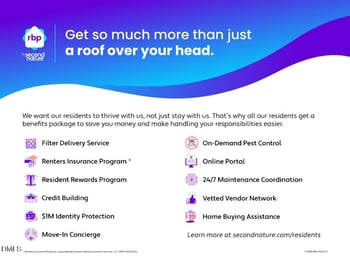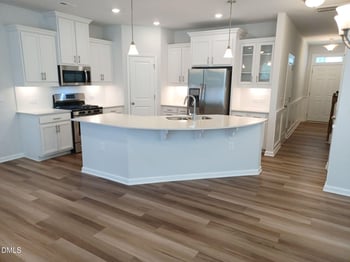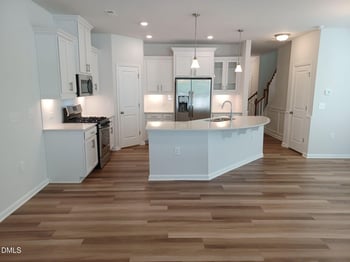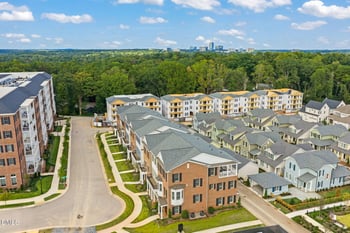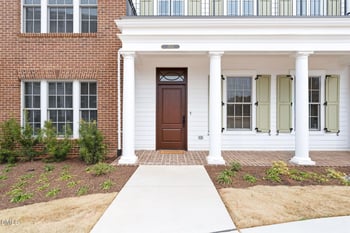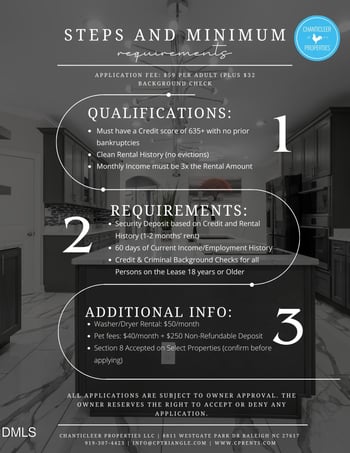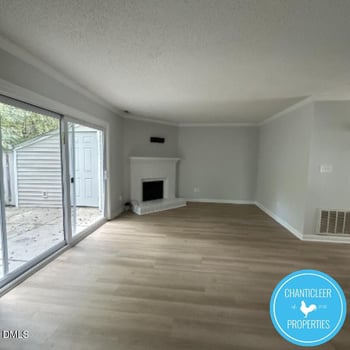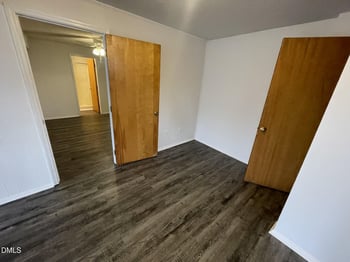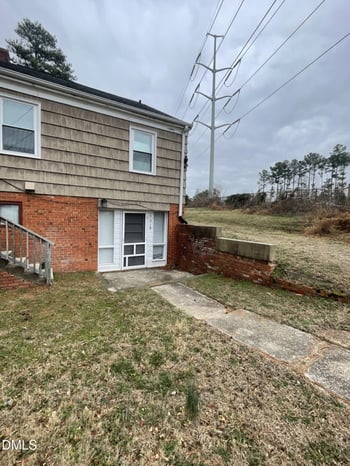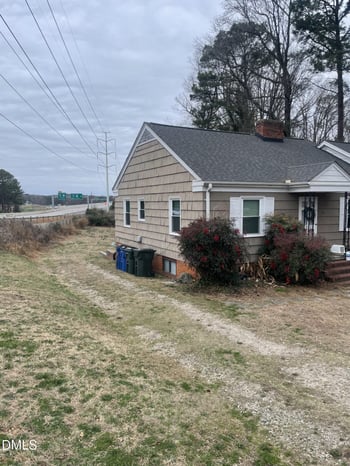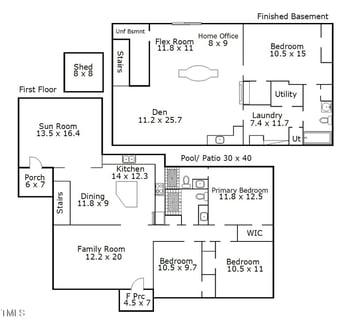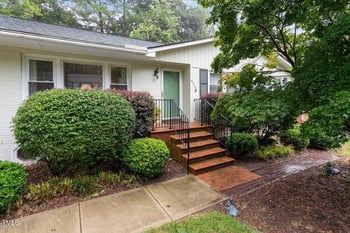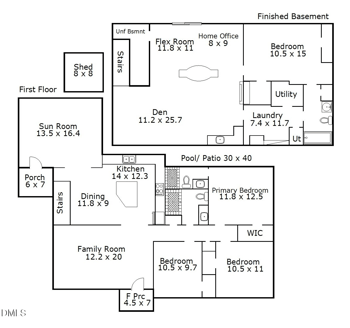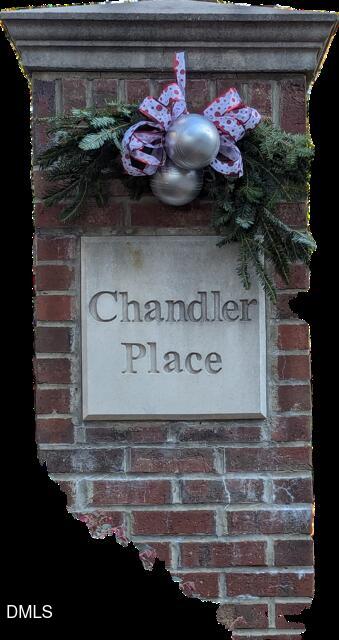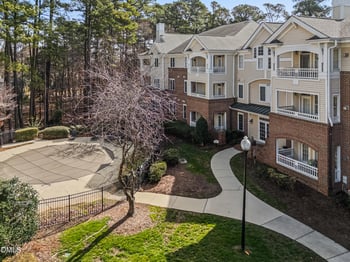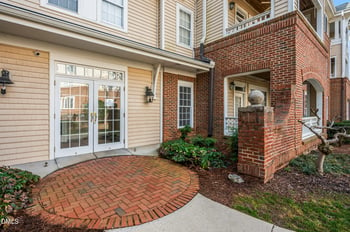Is It Cheaper to Live in Raleigh or Charlotte, NC?
Is Raleigh or Charlotte, NC, more affordable? Let's explore the cost of living in Raleigh and Charlotte.
Choosing between North Carolina's two most significant metropolitan areas can be challenging for anyone considering a move to the state. Raleigh and Charlotte offer unique advantages, thriving job markets, and distinct cultural personalities.
Each location is unique and differs drastically, so finding the right one for you is essential, depending on your lifestyle. Whether you are moving to find your dream home, for an excellent education, for a job, or to retire, each one of these cities has something to offer everyone.
Raleigh and Charlotte have many pros and cons. Thankfully, both cities are known for their lower cost of living and affordability.
But when it comes to your wallet, which city truly offers better value? Let's compare both cities' cost of living, income potential, and real estate markets.
Here is what you should know about living in Raleigh and Charlotte.
1. Cost of Living in Raleigh
North Carolina is very affordable and the cost of living in Raleigh, NC, is 2% lower than the national average. However, it's important to note that the cost of living can vary depending on several factors, such as your profession, personal preferences, average salary, and the real estate market.
To be more specific, in comparison to the national average, housing expenses in Raleigh are 5% lower and utilities are 6% lower. Groceries in Raleigh are 1% higher, and transportation costs are 12% higher. It's worth noting that these statistics may not exactly reflect how much you would spend in Raleigh, but they provide a good idea of the cost of living in the city.

The median household income in Raleigh is $82,424 which is higher than the national median household income of $80,610. Raleigh is a constantly developing city with new residential areas and job opportunities popping up frequently. However, being a highly desirable place to live in North Carolina, the cost of living is higher than that of other cities and towns in the state.
Here are some categories broken down of the cost of living according to Payscale.
| Cost of Living Category | Average Price |
| Median Home Price | $474,625 |
| Median Rent Price | $1,443 a month |
| Gas | $3.13 |
| Gallon of Milk | $4,71 |
| Doctor's Visit | $156.89 |
2. Real Estate Cost in Raleigh
Housing expenses in Raleigh are slightly lower than the national average, but the actual cost depends on several factors, such as location, neighborhood, housing type, size, and more. With a median home price of $474,625, the price of a home in Raleigh is higher than the national average price of a home of $416,900.
Currently, the housing market in Raleigh is favorable for sellers as more buyers are looking to purchase homes than homes available. Although many homes are still available, the prices may be higher, and they tend to sell quickly.
As of May 2025, the prices of homes in Raleigh have increased by 4.2% compared to the previous year. Act fast if you want a home in one of Raleigh's best neighborhoods.
The choices for investing in real estate in Raleigh are abundant, whether you decide to rent or buy. However, if you are looking for cheaper or short-term living, the median rental price in Raleigh is $1,468 per month. This is slightly higher than the national average but still much more affordable than other major cities.
The Raleigh area's position as a hub for technology, education, and research will drive significant economic and population growth through 2025. As a result, there is a high demand for housing.
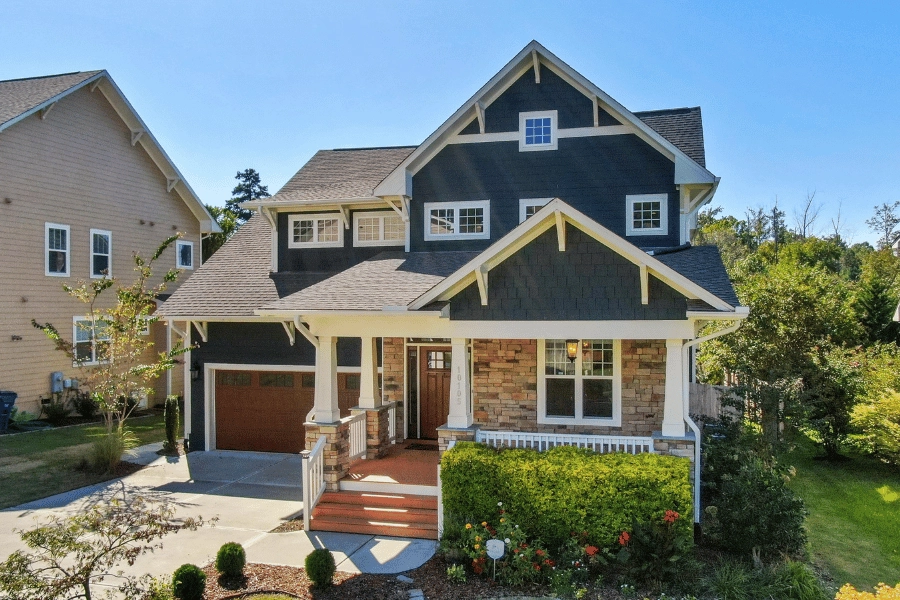
3. Average Income in Raleigh
The Research Triangle's economy revolves around technology, research, healthcare, and government. Major employers include IBM, Cisco, Red Hat, and numerous biotech companies, plus state government positions.
Raleigh typically offers higher median incomes, particularly for professionals in technology, research, and government sectors. The presence of major universities and research institutions creates a highly educated workforce that commands premium salaries.
The Wall Street Journal recently ranked Raleigh as America's fifth hottest job market and one of the country's best places to start a small business. The job market in Raleigh is expected to grow by 44% over the next decade.
According to the U.S. Bureau of Labor Statistics (BLS), Raleigh's unemployment rate for people 16 years and older is 3.1%. The job market is expected to grow exponentially, which is excellent news for job seekers.
It is essential to note that the poverty rate in Raleigh is 11.4%, slightly lower than the national poverty rate of 12.4%. Additionally, the minimum wage in Raleigh is the same as the national average at $7.25 per hour.
4. Cost of Living in Charlotte
Charlotte's cost of living is 2% lower than the national average. The cost of living is based on factors such as your income, the real estate market, and many other things. In addition to the cost of living, the median household income in Charlotte is about $78,438 a year.

To be more specific, in comparison to the national average, housing expenses in Charlotte are 12% lower, utilities are 5% lower, and transportation costs are 7% lower. It's worth noting that these statistics may not exactly reflect how much you would spend in Charlotte, but they provide a good idea of the cost of living in the city.
Charlotte is a rapidly growing city, with new residential areas and job opportunities emerging frequently. As more jobs become available, the economy in the region is showing signs of growth. However, due to its high desirability as a place to live in North Carolina, the cost of living in Charlotte is higher than in other cities and towns.
Here are some categories broken down according to Payscale.
| Cost of Living Category | Average Price |
| Median Home Price | $435,281 |
| Median Rent Price | $1,323 a month |
| Gas | $3.17 |
| Gallon of Milk | $4.69 |
| Doctor's Visit | $147.62 |
5. Real Estate Cost in Charlotte
Charlotte actually offers more affordable home purchase prices on average. This is particularly true for first-time homebuyers looking at starter homes and condominiums. However, Raleigh's rental market tends to be more budget-friendly for those not ready to buy.
Charlotte's larger metropolitan area provides more housing options across various price points, while Raleigh's smaller but rapidly growing market has seen significant price appreciation in recent years.
Housing expenses in Charlotte are 12% less than the national average, but the actual cost depends on several factors such as location, neighborhood, housing type, size, and more. On average, the cost of a home in Charlotte is around $435,281, which is slightly higher than the national average.
The housing market in Charlotte is highly competitive. Homes here on the marktet tend to have an average selling time of 57 days. Charlotte's housing market is considered a seller market, which means prices tend to be higher, and homes will sell faster.
As of March 2024, the prices of homes in Charlotte have increased by 3.7% compared to the previous year. Since this is such a desirable area to live in, if you are interested in moving to Charlotte, check out the best neighborhoods to find the best location for you.
Whether you decide to rent or buy, the choices for investing in real estate in Charlotte are abundant. However, if you are looking for cheaper or short-term living, the average rental price in Charlotte is $1,323 monthly. This is slightly lower than the national average and is more affordable than other major cities.

6. Average Income Charlotte
Charlotte is home to one of the nation's hottest job markets, according to the Wall Street Journal, which ranked Charlotte as number 8 on the extensive metro list. This ranking is based on the unemployment rate, labor force, participation rate, changes to employment levels, size of the force, and wages.
Charlotte's economy centers around banking and financial services, with major employers including Bank of America, Wells Fargo, and numerous fintech companies. The city also has a growing healthcare sector and expanding tech presence.
Sadly, Charlotte's unemployment rate is 3.7%, which is lower than the national average of 4.2%. Recent job growth in the job market has been on the rise at 2.7%, which is higher than nationwide. For future job opportunities, Charlotte is on the rise and a great area to find employers.
The sales tax in Charlotte is 7.25% and income tax is 5.3% which is slighty higher compared to the national average. Overall, if you are looking for an area to live in with endless opportunities, Charlotte may be perfect for you.
7. Quality of Life Factors That Affect Your Budget
Severall lifestyle factors can impact your overall daily life and how much you spend in each city.
Education
Raleigh benefits from proximity to excellent public school systems in Wake County and world-renowned universities. Charlotte offers good educational options but with more variation in quality across different areas. Having access to highly-rated school districts could save money on private education costs.
Recreation and Lifestyle
Raleigh offers abundant free and low-cost outdoor activities, from state parks to greenway systems. Charlotte provides more professional sports and entertainment venues, which can increase entertainment spending but also enhance quality of life.
8. Comparison
Here is a comparison chart of Raleigh and Charlotte's cost of living, real estate, income, and other important factors to help you decide which city is perfect for you.
| Raleigh | Charlotte | |
| Overall Cost of Living | 2% lower than the national average | 2% lower than the national average |
| Housing Cost | 5% lower than the national average | 12% lower than the national average |
| Median House Price | $474,625 | $435,281 |
| Median Rent | $1,443 a month | $1,323 a month |
| Median Household Income | $82,424 | $78,438 |
| Unemployment Rate | 3.1% | 3.7% |
Choose Raleigh if you:
- Work in technology, research, or government sectors
- Prioritize lower day-to-day living expenses
- Prefer a smaller, more manageable city size
- Value proximity to excellent public schools
- Want more affordable rental options
Choose Charlotte if you:
- Work in banking, finance, or corporate sectors
- Can take advantage of lower home purchase prices
- Prefer extensive public transportation options
- Want access to major league sports and big-city amenities
- Value a more diverse range of neighborhoods and price points
.png)
Methodology
We used information from different sources and our data to create this guide to compare Raleigh and Charlotte to see which area is cheaper.
Above are a few sources we used to gather most of our information about comparing Raleigh and Charlotte's affordability.

FAQS
Is it cheaper to live in Raleigh or Charlotte?
The Raleigh area has more affordable housing options than Charlotte, especially in the suburbs, making it an attractive option for those looking for more budget-friendly homes.
Which is more fun, Raleigh or Charlotte?
Depending on what you are looking to do, if you are traveling, you may want to visit Charlotte, but if you are looking for the outdoors, visit Raleigh. Thankfully, these places are only two hours apart, so you can go to both.
What city is safer, Charlotte or Raleigh?
Through many statistics, Raleigh has been named among the safest places in the country, especially in North Carolina. Charlotte is a little behind on that list, but overall, Raleigh is safer.
Final Recommendation
Both Raleigh and Charlotte offer affordable living and a lower cost than the national average. Neither Raleigh nor Charlotte is definitively "cheaper." Both cities offer excellent quality of life and strong economic fundamentals.
Whether you are relocating to find your dream home, seeking an excellent education, a job, or retirement, each of these cities has something to offer everyone.
Consider visiting both cities, exploring different neighborhoods, and carefully calculating your total cost of living based on your specific needs.
Contact us if you are considering moving. Our team at Raleigh Realty is here to help you with any home buying or selling needs.

.png)


